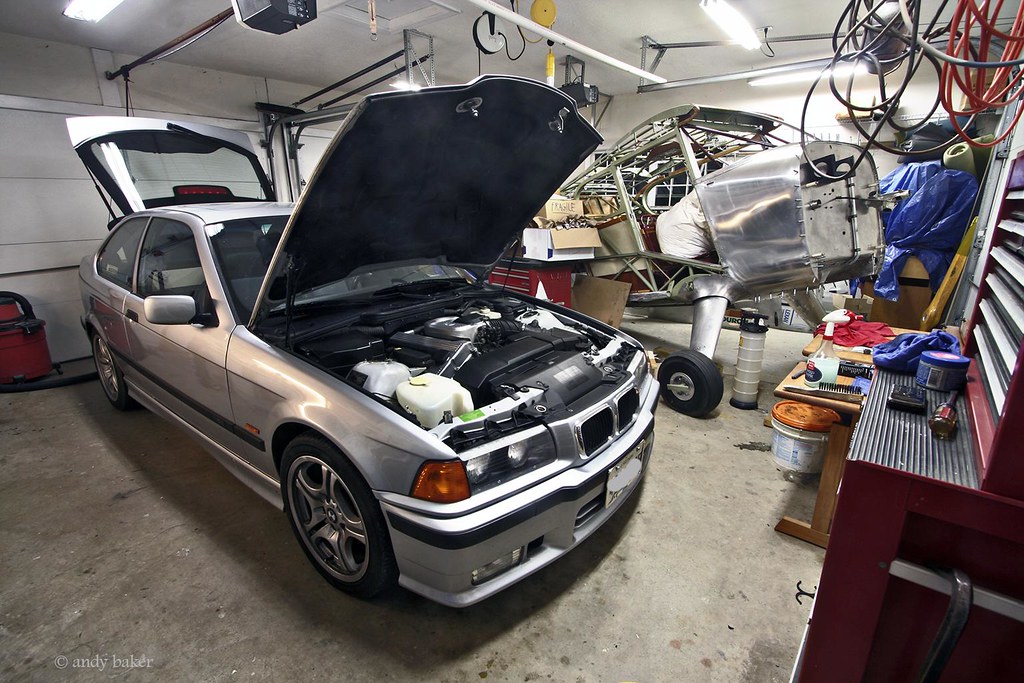Why the BMW 318ti Is a Leading Selection for Vehicle Enthusiasts
Why the BMW 318ti Is a Leading Selection for Vehicle Enthusiasts
Blog Article
Essential Considerations for Choosing the very best Engine for Your Needs
In the realm of picking the excellent engine to fulfill your needs, numerous important factors demand careful consideration to ensure ideal efficiency and effectiveness. From the nuanced equilibrium in between power and performance to the often-overlooked elements of maintenance and service requirements, each facet plays a critical function in determining the most ideal engine for your certain needs.
Power and Performance
When evaluating engines for ideal efficiency, it is essential to prioritize both power output and performance. Power outcome gauges the capacity of an engine to create energy, which straight affects its performance. A high power output is important for demanding tasks such as high-speed needs or sturdy applications. It makes certain that the engine can manage the workload properly and efficiently. Nonetheless, power alone is not enough; efficiency plays a significant duty in figuring out the general performance of an engine. Effectiveness refers to just how well the engine converts fuel right into usable power. A much more effective engine will provide far better gas mileage, lower exhausts, and minimized operating costs. Striking the best equilibrium in between power outcome and efficiency is crucial to selecting an engine that fulfills your specific demands. When making this decision, it is vital to think about factors such as the planned use of the engine, ecological impact, and long-term price implications. By very carefully assessing both power and effectiveness, you can select an engine that provides optimal efficiency and satisfies your needs efficiently.
Gas Efficiency and Economic Climate
In the realm of engine option, the consideration of fuel performance and economic climate holds vital importance. Fuel efficiency describes the engine's ability to convert fuel right into energy with marginal waste, straight impacting operating prices and ecological sustainability. bmw 318ti. When picking an engine, evaluating its gas economic situation is crucial to figure out long-lasting financial savings and environmental effect. Engines with greater fuel performance not just minimize fuel expenditures however also decrease carbon discharges, contributing to a greener operation.

Compatibility and Application
Considering the fuel effectiveness and economic climate of an engine, the following essential aspect to address is its compatibility and application within particular operational contexts. Compatibility refers to how well the engine incorporates with the general system or equipment it powers.
Various engines are created for details objectives, whether it be commercial machinery, marine vessels, autos, or power generators. Comprehending the intended application enables for the choice of an engine that can provide the required power outcome, torque, and operational features.
Maintenance and Solution Needs
Maintenance and solution demands play a critical duty in making certain the durability and optimal efficiency of an engine. Normal upkeep is essential to avoid malfunctions, expand the life expectancy of the engine, and keep its performance. When selecting an engine, it is essential to think about the maker's advised maintenance routine and the availability of service More Bonuses facilities or qualified service technicians.
Variables such as the frequency of oil adjustments, filter substitutes, and total inspections can dramatically influence the engine's performance. Some engines may need more regular maintenance based on their style and usage, while others might have longer intervals in between maintenance checks. It is vital to stick to these solution needs to avoid pricey repairs and unforeseen downtime.

Expense and Budget Plan Considerations
When selecting an engine for a certain application,Spending plan constraints commonly play a substantial role in the decision-making procedure. When thinking about the expense and spending plan ramifications of picking an engine, published here it is essential to evaluate not just the preliminary acquisition price but additionally the lasting expenses related to upkeep, fuel intake, and potential upgrades or fixings. It is critical to strike a balance in between the upfront price of the engine and its general lifecycle prices to make certain that the chosen engine stays financially sustainable throughout its functional lifespan.
Aspects such as fuel longevity, reliability, and efficiency can straight impact the overall price of possession of an engine. While an extra costly engine might have greater in advance prices, it might potentially cause reduced upkeep and fuel expenditures in time, therefore using better worth over time. Additionally, considering the accessibility and cost of extra parts, in addition to the ease of upkeep and service, can help protect against unexpected economic pressure in the future. By carefully examining these cost and budget factors to consider, you can make an informed decision that straightens with your functional demands and financial constraints.
Final Thought

Fuel performance refers to the engine's ability to helpful hints transform gas into energy with minimal waste, straight influencing operating prices and ecological sustainability.Variables influencing fuel efficiency consist of engine style, combustion effectiveness, and total performance optimization. Furthermore, picking the proper fuel type and quality as suggested by the engine manufacturer can even more enhance effectiveness and lengthen engine life expectancy.
Engines with excellent utility features and easily available components can lower upkeep costs and lessen the time the engine is out of operation - bmw 318ti. It is critical to strike an equilibrium between the ahead of time cost of the engine and its general lifecycle prices to make certain that the selected engine remains monetarily sustainable throughout its functional life-span
Report this page